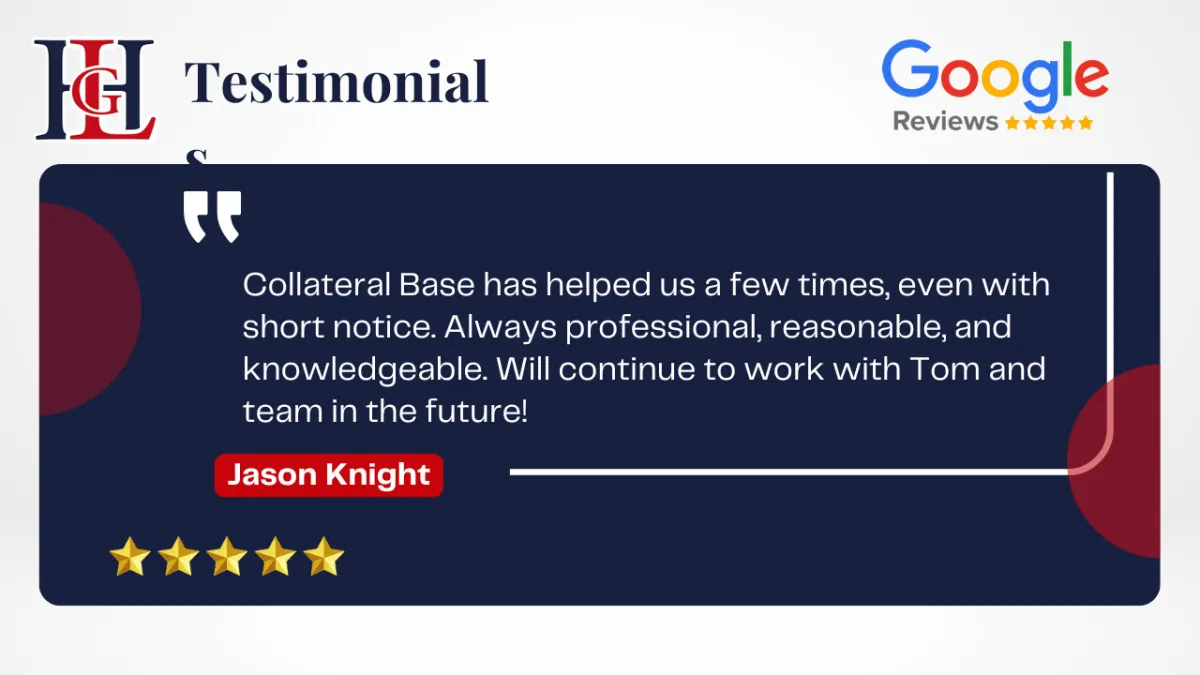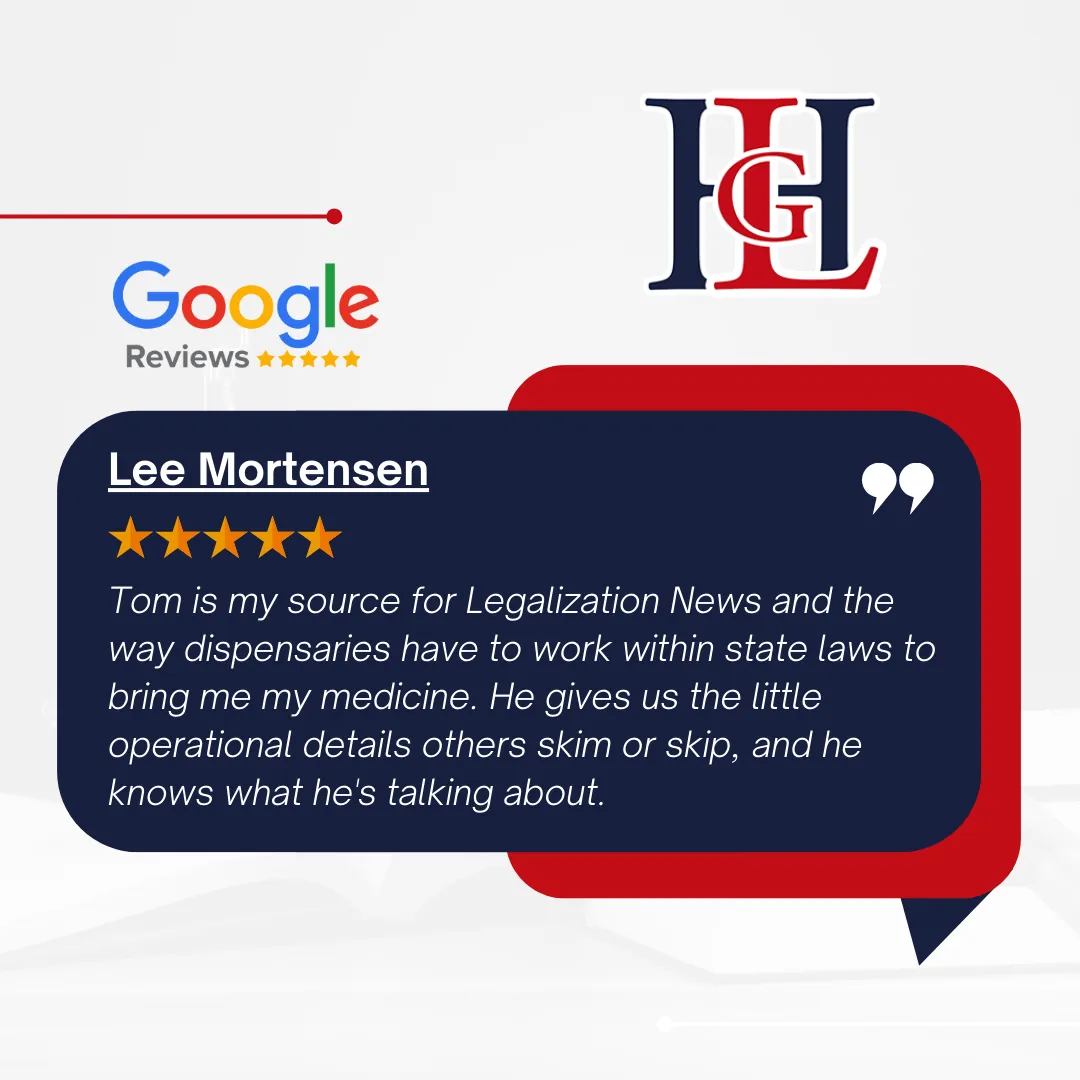Schedule Your Free Consultation
We'll help you create and choose the right structure for your business!
Whether you’re deciding on the right business structure, drafting contracts, or protecting your intellectual property, a lawyer provides the expertise you need to build a solid foundation for your business. This ensures that your business is set up for long-term success.
Our Experienced Business Lawyers

Thomas Howard
Managing Attorney

Terron East
Corporate Attorney
Prior results do not guarantee a similar outcome
What others are saying
Business Formation 101: Choosing the Right Entity for Your New Venture
Navigating the complexities of business entity formation can be a daunting task for aspiring entrepreneurs. Numerous types of organizational structures exist, each with its unique advantages and implications.
Selecting the right structure is critical for success. Business owners must consider various factors, such as liability, taxation, and operational control, when choosing the most suitable entity formation.
Understanding Business Entity Formation
Understanding business entity formation is the cornerstone of any successful entrepreneurial journey. They must recognize that the foundation of their enterprise hinges on this decision.
It informs taxation, liability, and everyday operations.
Entrepreneurs should carefully assess the benefits and drawbacks of each entity type. Their choice can significantly impact their business's resilience, growth potential, and adaptability.
Informed decisions on business entity formation empower entrepreneurs to align their strategic visions with legal and financial frameworks, laying a sturdy groundwork for sustainable success. By doing so, they can ensure their business is well-positioned for future opportunities and challenges.
Types of Business Entities
Entrepreneurs have several options available, each offering unique advantages and limitations. Selecting the right type can streamline operations, reduce risk, and improve financial outcomes.
Among the most common are sole proprietorships, partnerships, LLCs, and corporations. They vary in terms of liability protection, tax treatment, and administrative complexity. By thoroughly evaluating these factors, business owners can choose the structure that aligns best with their strategic goals and vision for growth.
Sole Proprietorship
A sole proprietorship stands as the simplest—yet highly effective—business entity formation choice for emerging entrepreneurs.
Sole proprietorships are easy to establish, requiring minimal bureaucracy, which can accelerate business launch.
This structure is ideally suited for those who wish to maintain complete control over their business operations. The lack of complex administrative requirements also makes it a cost-effective option for new ventures.
Aspiring business owners can find substantial value in this entity type—embracing a straightforward and flexible approach to entrepreneurship—thereby empowering themselves with a foundation for sustainable success.
Partnership
A partnership entails two or more individuals sharing business ownership and operations in equal or defined proportions.
This straightforward yet effective business entity formation allows partners to combine their skills and resources, fostering greater business potential. By leveraging the strengths of each partner, this structure builds a dynamic environment conducive to robust growth and innovation.
Notably, partnerships benefit from pass-through taxation, where profits and losses flow directly to partners' personal tax returns. This can reduce the overall tax burden, thereby creating a financial advantage for all involved.
For those with complementary skills and shared business aspirations, partnership stands as a compelling choice. It cultivates a collaborative atmosphere where strategic goals are pursued collectively, and risks are managed more efficiently through mutual support and shared responsibility, paving the way for sustained success.
Limited Liability Company
An LLC blends the flexibility of a partnership with the liability protection of a corporation, offering the best of both worlds.
Liability Protection: Members are shielded from personal liability for business debts and claims.
Pass-Through Taxation: Profits and losses pass through to the owners' personal tax returns.
Flexible Management Structure: Offers the option of member-managed or manager-managed operations.
Fewer Formalities: Less regulatory paperwork compared to corporations.
This structure is ideal for
entrepreneurs seeking a balance between personal liability protection and operational flexibility.
LLCs can have an unlimited number of members, providing scalability for growing businesses.
Overall, LLCs present a versatile and protective option for modern business ventures.
Corporation
A corporation stands as a symbol of established credibility and unparalleled growth potential within the spectrum of business entity formation.
In 2016, large corporations, a beacon of financial stability, outperformed many other business structures, showcasing their enduring viability. They offer the most extensive liability protection for their shareholders.
Moreover, it's no secret that corporations benefit from an increased ability to raise capital through the issuance of stocks, fueling significant expansion opportunities.
While the formalities necessary for a corporation are stringent, the ability to distribute stock options makes them an appealing choice for attracting top-tier talent and rewarding employees.
Incorporating a business sets it on a respected path that commands confidence from investors, clients, and markets alike.
Why the Right Business Structure Matters
In the realm of entrepreneurial pursuits, selecting the Testimonials Image Slider right business structure is paramount.
A business's structure influences its financial health, legal obligations, and overall growth trajectory. Understanding its importance cannot be overstated.
In 2016, numerous businesses reassessed their structures, opting for frameworks that better aligned with their evolving goals. This pivotal choice steered them towards greater efficiency and stability.
If one seeks not only to thrive in business but also to mitigate risks, selecting the appropriate business entity formation and completing the necessary business registration is essential. This decision impacts access to capital, operational scalability, and regulatory compliance.
The right business structure empowers businesses, providing a foundation for enduring success and sustainable growth.
Pros and Cons of Each Structure
When considering business entity formation, assessing each structure's benefits and drawbacks is crucial, whether it's a sole proprietorship, partnership, limited liability company (LLC), or corporation. Each offers distinct advantages that cater to specific operational needs, tax implications, and liability concerns.
LLCs and corporations, for instance, provide robust liability protection, shielding personal assets. However, they may demand more rigorous regulatory adherence and higher initial costs compared to sole proprietorships and partnerships.
Wide
Key Factors to Consider for Formation
When embarking on the journey of business entity formation, key factors must be thoughtfully evaluated.
The choice between various entities like corporations, LLCs, and partnerships hinges largely on which legal structure best suits your business needs. These elements ultimately shape the organization's future success and longevity. Legal liability protection is paramount, ensuring personal assets remain safeguarded against business debts and legal actions. An LLC, for instance, often provides better personal liability protection.
Tax implications also play a significant role, influencing net income and reinvestment capabilities. A thorough understanding of tax responsibilities can help in choosing the most advantageous entity. Funding and growth potential should be assessed. Different structures afford varying access to capital, affecting expansion possibilities and the company's financial health.

© 2025 Howard Law Group, LLC - All Rights Reserved.
Principal Office: 456 Fulton St., Ste. 404, Peoria, IL 61602
+1 833-952-3111
Disclaimer: Attorney Advertising. Howard Law Group, LLC is an Illinois limited liability company. The content on this website is for general informational purposes and does not constitute legal advice. Viewing this site does not create an attorney-client relationship, and you should not act based on the information provided without consulting an attorney. Past results do not guarantee future outcomes. Do not send confidential information without prior consultation. Your use of this website and any linked sites is at your own risk. Linked sites are not controlled by Howard Law Group, LLC.





















